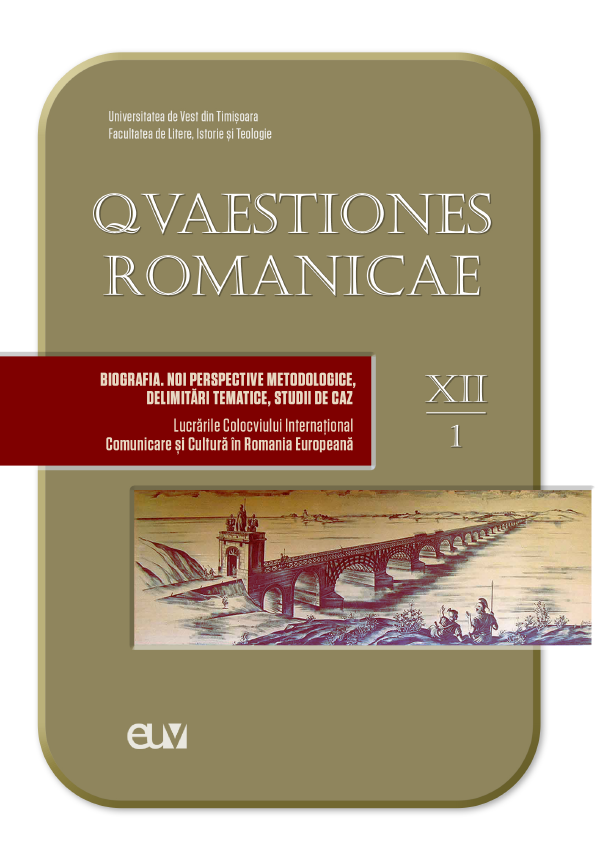“Io credo che i libri non abbiano bisogno degli autori, una volta che siano stati scritti.” – Il motivo dell’(auto)biografismo e dell’autore nel mondo letterario di Elena Ferrante
Abstract: (“I Believe That Books, Once They Are Written, Have No Need of Their Authors” – The Motive of the (Auto)biographism and the Author in Elena Ferrante's Literary World) Ferrante’s work diaries are a particularly valuable record of her literary work: Frantumaglia, Incidental Inventions and In the Margins. Among them, perhaps Frantumaglia stands out: the book contains correspondence, stories, essays, reflections and interviews by critics and journalists; conversations with directors of films based on her novels, suggestions and words of praise; her dilemmas, fears and desires. The present contribution focuses on Ferrante's literary credo, which emerges from her work diaries and on how this can be integrated into literary theory concerning the author's role. Ferrante believes that even if the author is an essential and vital component of the work, the author's identity is not in any way a requirement for the work's comprehension and it is independent of the latter's outcome. The thesis aims to demonstrate that Frantumaglia, Incidental Inventions and In the Margins constitute the figure of Elena Ferrante who is nothing more than a narrative identity through which the real author actually wants to convey her poetics.
Keywords: Elena Ferrante, author-theory, (auto)biographism, Frantumaglia.
Riassunto: I diari di lavoro di Ferrante sono una testimonianza particolarmente preziosa del suo mondo poetico: La Frantumaglia, Invenzione occasionale e I margini e il dettato. Tra questi, forse, quello più importante è La Frantumaglia: il libro contiene lettere, racconti, saggi, riflessioni e interviste a critici e giornalisti; conversazioni con registi di film tratti dai suoi romanzi, suggerimenti e parole di elogio; i suoi dilemmi, i suoi desideri e le sue paure. Il presente contributo si concentra sul credo letterario di Ferrante, che emerge dai suoi diari di lavoro, e su come questo possa essere integrato nella teoria letteraria che riguarda il ruolo dell'autore. Ferrante ritiene che, anche se l'autore è una componente essenziale e vitale del libro, la sua identità non è in alcun modo un requisito per la comprensione dell'opera ed è indipendente dal successo di quest'ultima. La tesi vuole dimostrare che La Frantumaglia, Invenzione occasionale e I margini e il dettato costituiscono la figura di Elena Ferrante che non è altro che un’identità narrativa attraverso cui la vera autrice vuole trasmettere la sua poetica.
Parole-chiave: Elena Ferrante, teoria dell’autore, (auto)biografismo, Frantumaglia.
